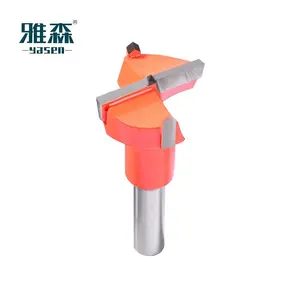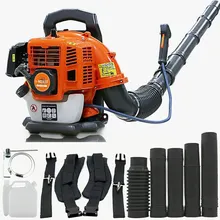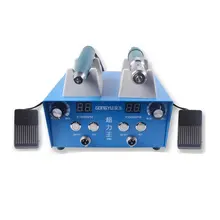Understanding Router Bit Sets
Router bit sets are integral components in the world of industrial milling, offering versatility and precision for a wide range of applications. Unlike singular milling bits that are limited to axial cuts, router bit sets provide the capability to make both axial and radial cuts, enhancing their functionality in complex milling tasks.
Types and Applications of Router Bit Sets
The diversity of router bit sets is evident in their various types, each suited to specific industrial needs. Three-axis milling cutters, for instance, offer flexibility in positioning, enabling work on multiple planes with the aid of vertical and horizontal spindles. In contrast, four-axis sets introduce a turnaround table, making them ideal for the precision demands of the automotive and aviation industries. The pinnacle of complexity is found in five-axis milling cutters, which incorporate three linear and two rotary axes for unparalleled adaptability in milling operations.
Features and Materials
The construction of router bit sets is as varied as their applications, with materials ranging from high-speed steel to carbide, chosen for their durability and cutting efficiency. The geometry of these bits is designed to meet the rigorous standards of industrial milling, with shapes that include cylindrical, conical, and even complex profiles like hemispherical forms.
Advantages of Using Router Bit Sets
Employing router bit sets in milling operations brings numerous advantages. Their ability to cut in multiple directions allows for greater design flexibility and efficiency in shaping mechanical parts. Additionally, the option to enhance these sets with accessories further extends their utility, making them a valuable asset for high-precision manufacturing processes.
Choosing the Right Router Bit Set
Selecting the appropriate router bit set is crucial for optimizing milling operations. Factors such as the material to be milled, the complexity of the task, and the machinery available should guide the choice. It's important to consider the compatibility of the set with the milling machine, ensuring that the selected set can be accommodated by the machine's axes and power capabilities.
Conclusion
In summary, router bit sets are essential tools for the processing, cutting, and shaping of mechanical parts, whether produced individually or in series. Their varied shapes and capabilities make them a flexible solution for a multitude of industrial milling applications. While selecting a router bit set, it is imperative to assess the specific requirements of the task at hand to ensure optimal performance and results.











































 浙公网安备 33010002000092号
浙公网安备 33010002000092号 浙B2-20120091-4
浙B2-20120091-4